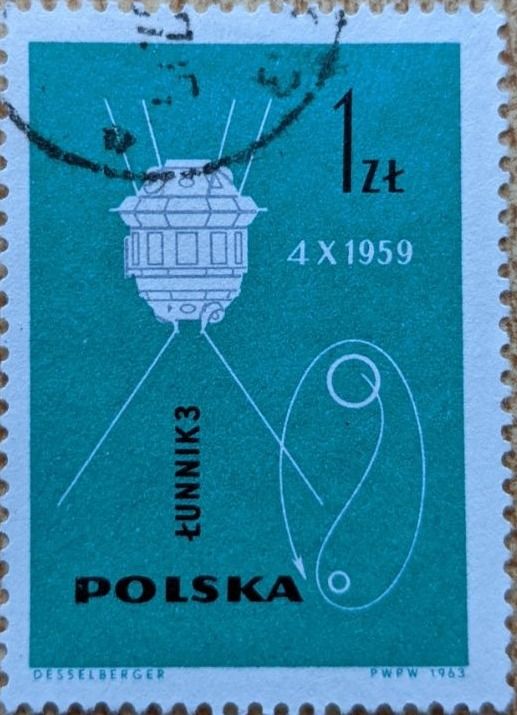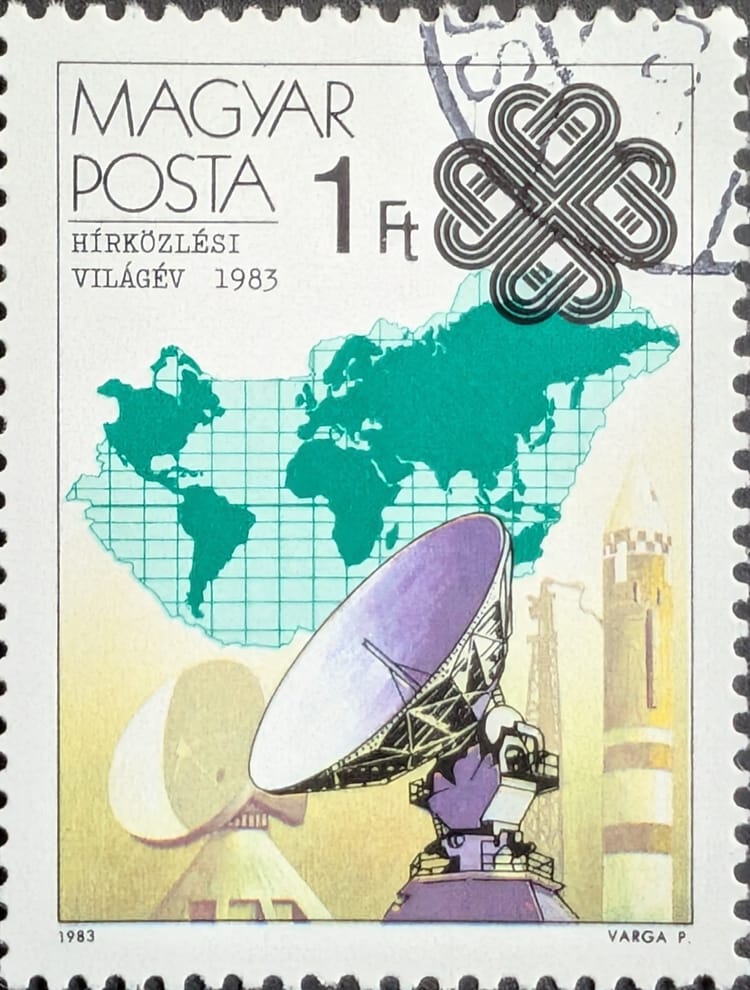Thousand Islands: Indonesia, the Philippines, & Satellite Communications

Banking in Space
Over four years ago, I wrote up a few paragraphs covering a communications satellite launch with an unusual operator--a state-controlled Indonesian bank. Arianespace launched the satellite, BRISat (as well as an Echostar satellite), around mid-2016. Until that launch, Bank Rakyat Indonesia (BRI) had rented transponders on geostationary (GEO) satellites for its communications. For those wondering why BRI rented those transponders (and invested in BRISat), I recommend taking a look at Indonesia's location as a part of the answer.
While the nation's land area is less than three times the size of Texas, the area that its islands span is larger than the continental United States is across. Plus, there's a lot of water between its 13,466 islands. Even considering the mere 1,000 permanently inhabited islands, installing physical networks for fast and reliable internet is cost-prohibitive. Volcanic and seismic activity certainly adds to the challenge, which is why BRI turned to satellites as a solution. Only, renting transponders was expensive, and BRI had no real alternatives to serve its 50+ million customers through 10,650 branches placed throughout the islands.
All of these circumstances are why BRI decided to buy a satellite. The company noted that the buying and deploying satellite cost equaled seven years of satellite transponder rental agreements. A year later, Telkom-1, an Indonesian government-controlled satellite, experienced an outage, impacting at least 6,000 automated teller machines (ATM) and thousands of banking branches for an estimated two weeks.
This goes to show a few things--1) BRI was darn lucky to get BRISat operating a year before Telkom-1's failure (about 300 BRI ATMs experienced the outage), and 2) while space infrastructure helps make things better, it's failure can make things worse for those dependent on it. Even while shifting to backups, such as the two other satellites the Indonesian government-operated, the outage still impacted millions of customers for two weeks.
I mention the old BRISat story because a neighboring island-chain nation, the Philippines, is thinking about satellite communications--in the form of SpaceX's Starlink.
Legacy Private Sector Failures=New Private Sector Opportunities?
Like Indonesia, the Philippines covers a large area containing thousands of islands. Suppose the Philippines--its banks and its government--is facing challenges with its internet communications similar to those of Indonesia's banks. In that case, it's easy to understand why the Philippine government is talking with SpaceX about Starlink. Unlike BRISat's private bank network focus, Starlink satellites provide broadband internet connectivity.
In this case, another motivation appears to be the pandemic's impact on Filipino productivity while minimizing internet connectivity expenses. According to the Philippine chairman of the Senate Committee on Foreign Relations, Aquilino Pimentel III:
"Our citizens want and need to be in touch with one another through efficient and affordable means."
That quote indicates dissatisfaction with the nation's current internet infrastructure performance and pricing. The private sector provides Filipinos internet connectivity, but as with United States service providers, the companies' service is sparse, slow, and expensive. Pimentel wants to change that. While SpaceX's Starlink internet service prices (in beta) are not the least expensive option in the U.S. (including the necessity of buying a company-subsidized ground antenna), the performance gains must be tempting enough for a nation in the Philippines situation.
Or, and probably more likely, Pimentel is using Starlink's specter as a way to bargain with the current private-sector incumbents.
Whether serious about Starlink or not, the Philippine nation likely benefits. Starlink's service doesn't require that the nation buys and operates satellites. It doesn't have to rent transponders. If Starlink is a bargaining chip, then services MAY negotiate to more reasonable rates. It depends on whether those services see Starlink as a threat. And if not Starlink, then maybe OneWeb. Both companies are very motivated in growing the adoption of their services. SpaceX may activate service over the Philippines during the summer of 2021.
Other U.S. satellite telecommunications companies, such as Hughes, have also entered the Philippine communications market. Hughes is working with one of the country's private sector companies, Cignal TV. The company has signed on Hughes' Jupiter System to augment its network. But this system still requires cell towers and other wireless networks to work, and those appear to be overworked with inadequate coverage throughout the islands. That circumstance may make Hughes' offering non-competitive with the upcoming LEO broadband services.
BRI's BRISat investment indicates that at least the bank believes satellite communications are the most reliable way to serve its businesses throughout the islands. Hughes' work with Cignal TV indicates a consumer hunger for broadband in the Philippines. And Pimentel, as a representative of his government, appears interested. If the Philippine government is interested in Starlink as a solution, then possibly the Indonesian government, facing similar challenges, is interested as well.
Banks, consumers, and government (at least publicly) appear ready for better and faster internet service in this area of the world. If Starlink or OneWeb fail to gain traction in these markets, it's not because there was no demand.




Comments ()